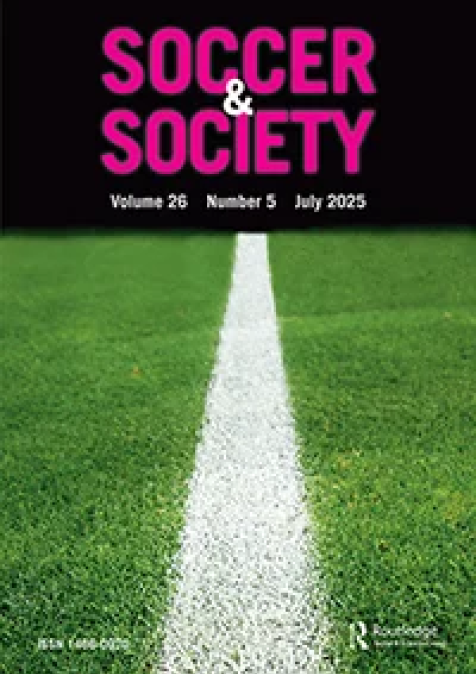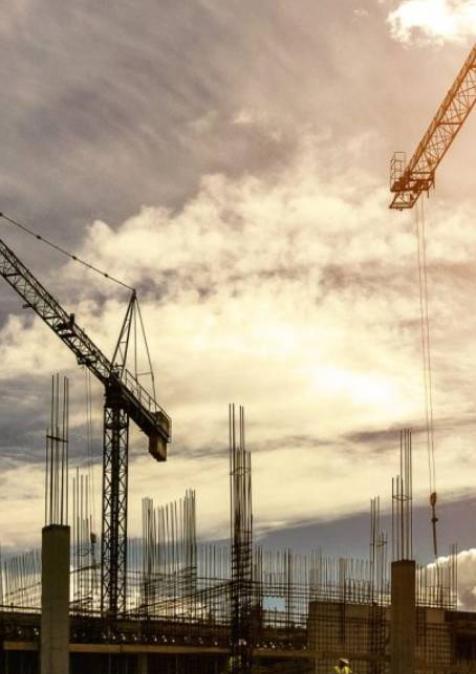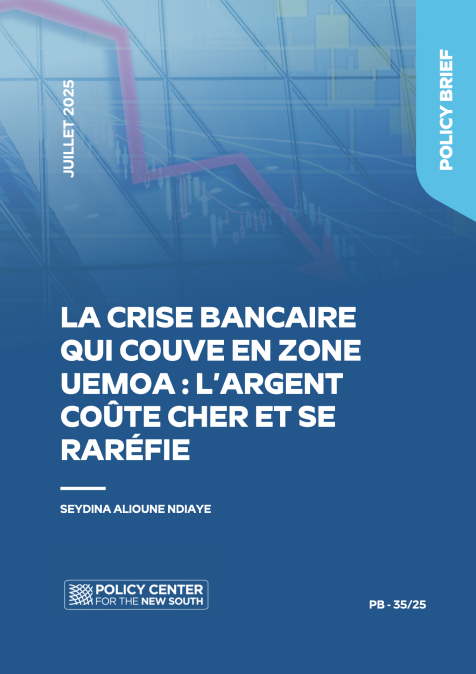Publications /
Policy Brief
This Policy Brief examines economic research in Africa using data from the RePEc (Research Papers in Economics) platform. It examines the productivity of researchers affiliated with African institutions, some of whom are extremely prolific, while the average for the continent as a whole remains below international standards. As a result, Africa's contribution to global economic research as a whole remains modest, despite the continent's considerable economic stakes.
The paper then looks at prevailing research themes by analyzing CIP and JEL codes, and examining titles and keywords attached to publications. This shows that research priorities of African economics researchers depend on institutional affiliation, with some focusing on African issues, while others take on topics of global importance.











